H.R. 4518: Cooper Davis and Devin Norring Act
This bill, known as the Cooper Davis and Devin Norring Act, seeks to enhance the reporting obligations of electronic communication service providers and remote computing service providers in relation to certain violations of controlled substances laws. It amends the Controlled Substances Act to require these service providers to report specific illegal activities to the Attorney General. Here’s a breakdown of the main provisions and requirements outlined in the bill:
1. Definition of Key Terms
The bill defines several important terms:- Electronic communication service: A service that provides users with the ability to send or receive wire or electronic communications.
- Remote computing service: A service that provides storage or processing of data remotely.
- Provider: Refers to both electronic communication service providers and remote computing service providers.
- Website: An accessible collection of materials on a server, available via the Internet.
2. Duty to Report
Providers are obligated to report to the Attorney General whenever they gain actual knowledge of specific unlawful activities, including:- The creation, manufacture, distribution, or possession with intent to manufacture or distribute controlled substances like fentanyl and methamphetamine.
- The creation or distribution of counterfeit substances, including fake prescription drugs.
- The unlawful dispensing of prescription medications or stimulants by unauthorized individuals.
3. Contents of the Report
Each report must include:- Contact information of the provider.
- Details about the activity that triggered the report.
- Information on whether such facts were found via human content moderation or through automated methods.
4. Handling of Reports
Upon receiving a report, the Attorney General must:- Conduct a preliminary review.
- Depending on the findings, either investigate further or close the case.
5. Penalties for Non-compliance
The bill stipulates penalties for providers failing to report as required:- Criminal penalties can reach up to $190,000 for initial violations and double for subsequent violations.
- Civil penalties can range from $50,000 to $100,000 for knowingly submitting false reports.
6. Privacy Protections
The bill includes several provisions to protect user privacy:- Providers are not required to monitor user communications.
- Disclosure of report information is restricted, and personal communications cannot be shared without exceptions for law enforcement needs.
7. Reporting and Accountability
The Attorney General is required to publish annual reports detailing the number of reports received, actions taken, and the effectiveness of the reports in supporting criminal investigations.8. Limitations on Law Enforcement
The bill prohibits law enforcement from submitting user reports to providers, ensuring that the responsibility to report rests with the providers only.9. Exemptions
The reporting requirements do not apply to providers of broadband internet access or text messaging services acting solely in their roles as such.Relevant Companies
None found.This is an AI-generated summary of the bill text. There may be mistakes.
Sponsors
10 bill sponsors
-
TrackMariannette Miller-Meeks
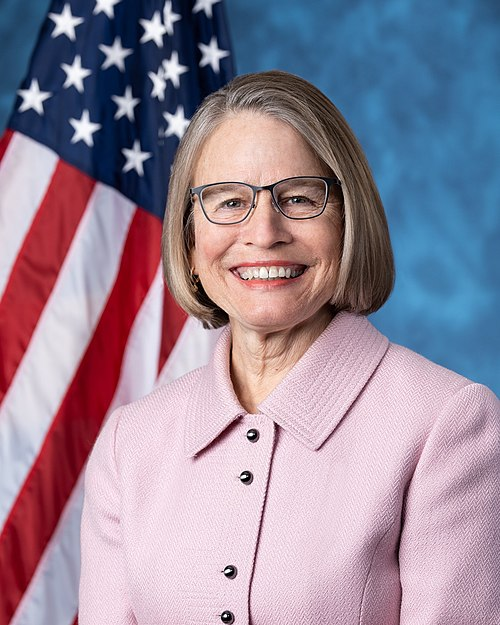
Sponsor
-
TrackAngie Craig
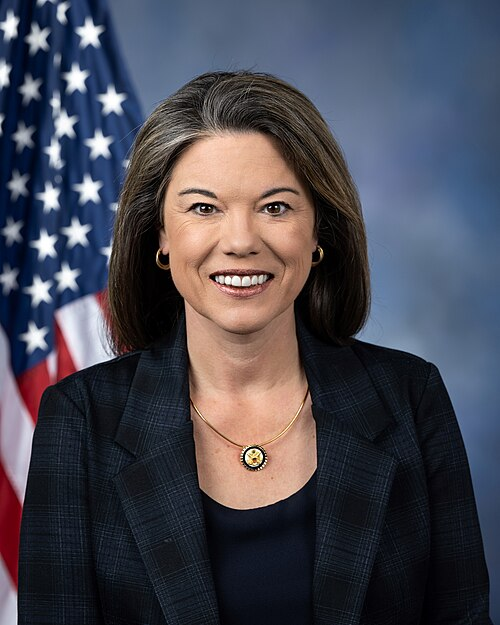
Co-Sponsor
-
TrackDan Crenshaw

Co-Sponsor
-
TrackDonald G. Davis

Co-Sponsor
-
TrackAddison McDowell
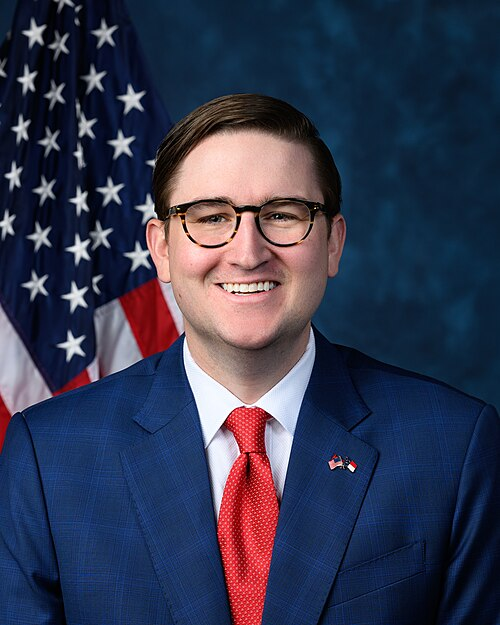
Co-Sponsor
-
TrackDerek Schmidt
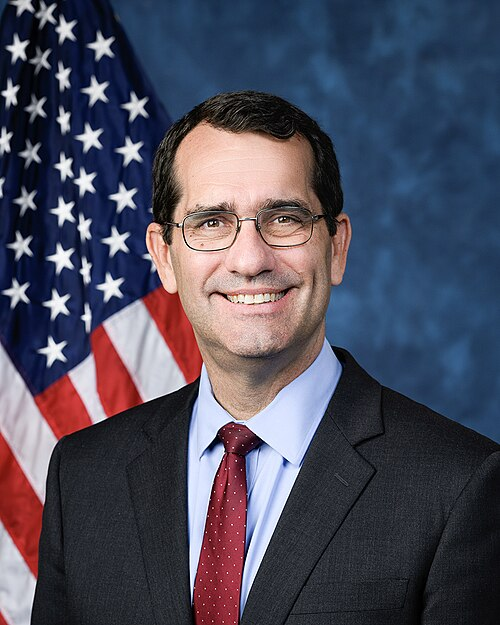
Co-Sponsor
-
TrackKim Schrier
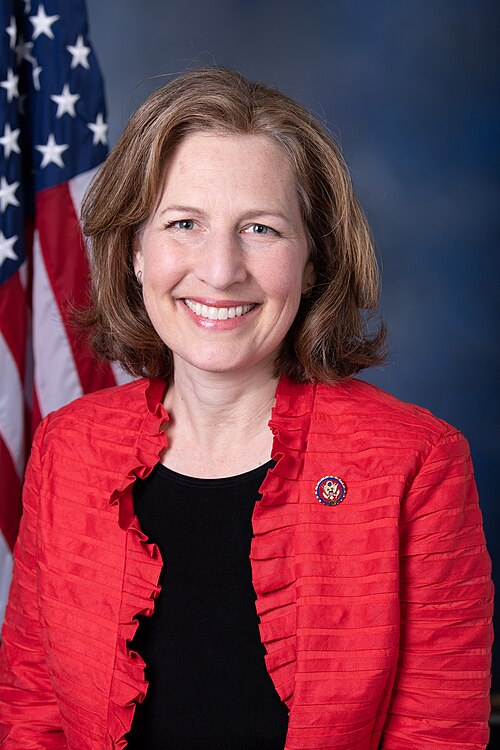
Co-Sponsor
-
TrackThomas R. Suozzi

Co-Sponsor
-
TrackJefferson Van Drew
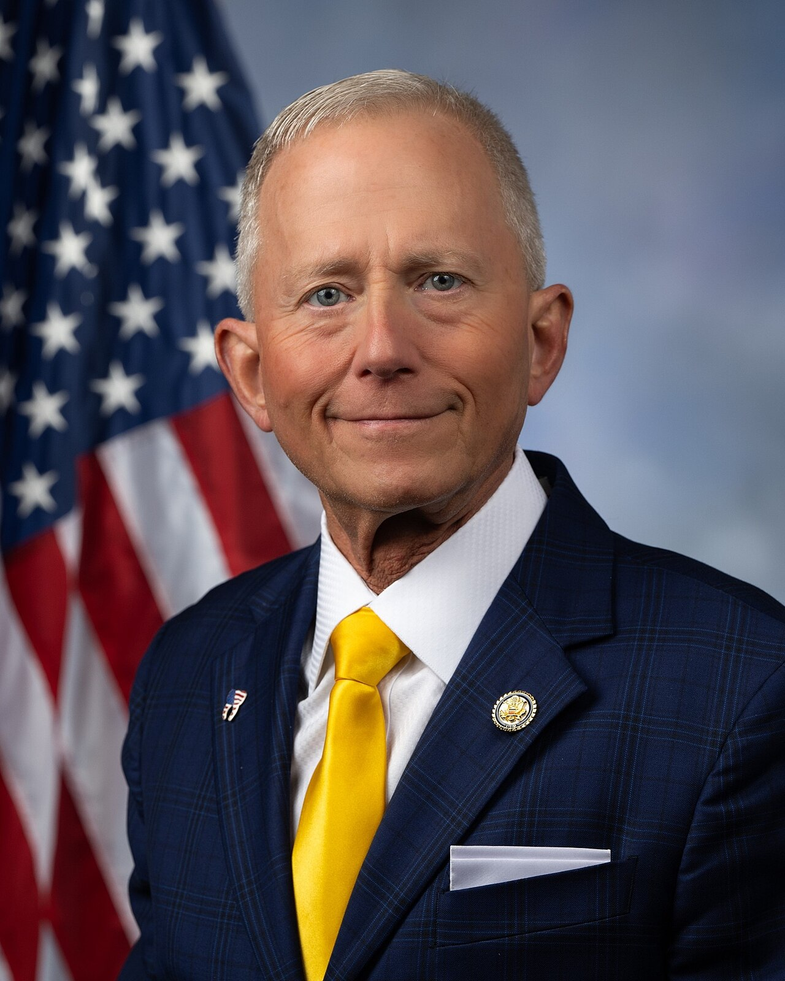
Co-Sponsor
-
TrackEugene Vindman
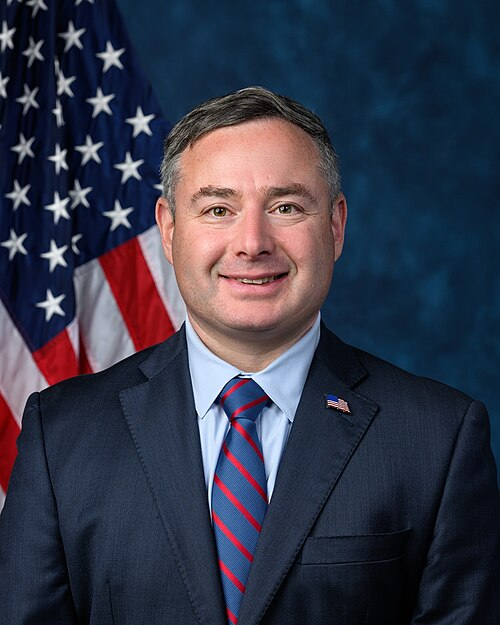
Co-Sponsor
Actions
2 actions
| Date | Action |
|---|---|
| Jul. 17, 2025 | Introduced in House |
| Jul. 17, 2025 | Referred to the Committee on Energy and Commerce, and in addition to the Committee on the Judiciary, for a period to be subsequently determined by the Speaker, in each case for consideration of such provisions as fall within the jurisdiction of the committee concerned. |
Corporate Lobbying
0 companies lobbying
None found.
* Note that there can be significant delays in lobbying disclosures, and our data may be incomplete.
Potentially Relevant Congressional Stock Trades
No relevant congressional stock trades found.